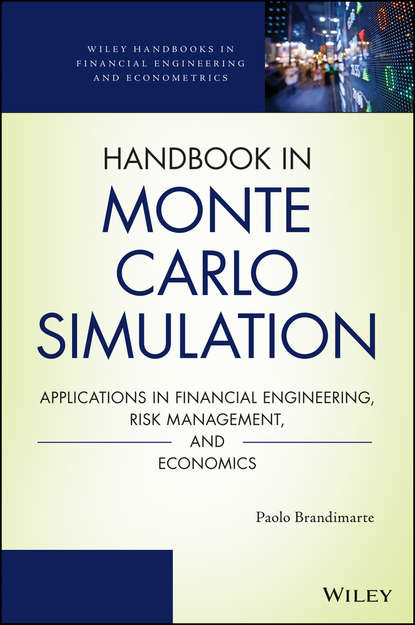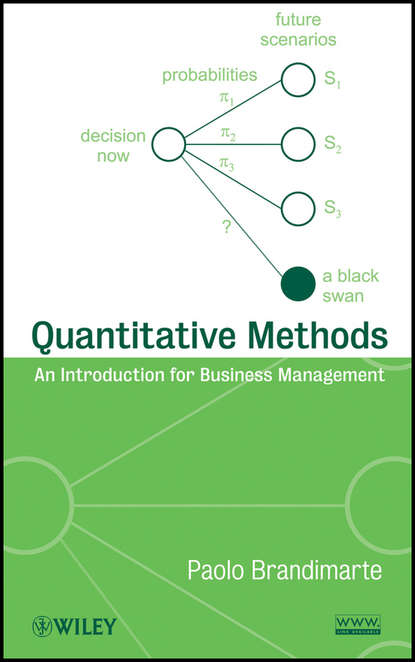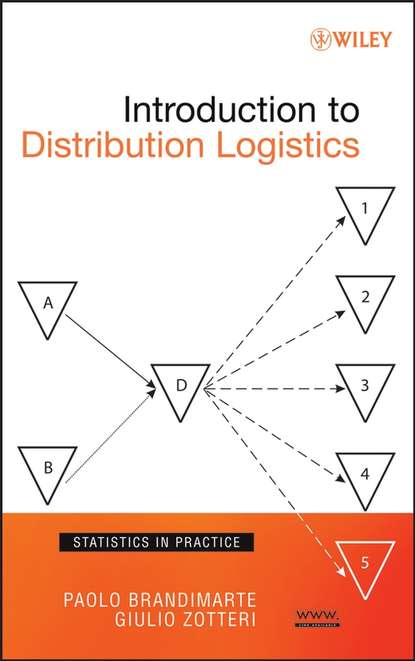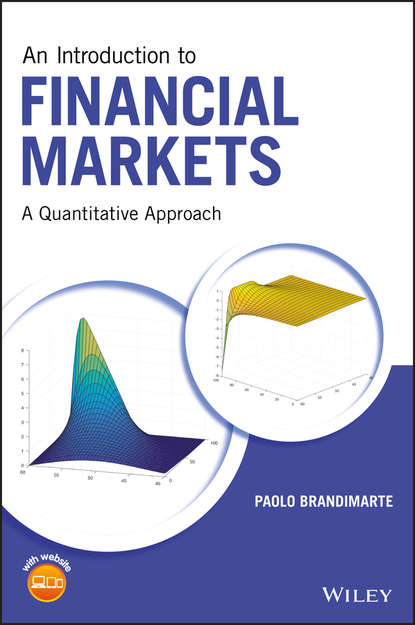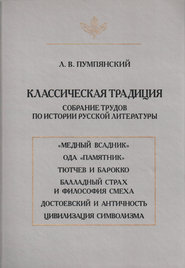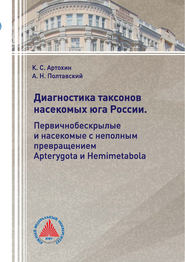Handbook in Monte Carlo Simulation. Applications in Financial Engineering, Risk Management, and Economics
Полная версия
An accessible treatment of Monte Carlo methods, techniques, and applications in the field of finance and economics Providing readers with an in-depth and comprehensive guide, the Handbook in Monte Carlo Simulation: Applications in Financial Engineering, Risk Management, and Economics presents a timely account of the applicationsof Monte Carlo methods in financial engineering and economics. Written by an international leading expert in thefield, the handbook illustrates the challenges confronting present-day financial practitioners and provides various applicationsof Monte Carlo techniques to answer these issues. The book is organized into five parts: introduction andmotivation; input analysis, modeling, and estimation; random variate and sample path generation; output analysisand variance reduction; and applications ranging from option pricing and risk management to optimization. The Handbook in Monte Carlo Simulation features: An introductory section for basic material on stochastic modeling and estimation aimed at readers who may need a summary or review of the essentials Carefully crafted examples in order to spot potential pitfalls and drawbacks of each approach An accessible treatment of advanced topics such as low-discrepancy sequences, stochastic optimization, dynamic programming, risk measures, and Markov chain Monte Carlo methods Numerous pieces of R code used to illustrate fundamental ideas in concrete terms and encourage experimentation The Handbook in Monte Carlo Simulation: Applications in Financial Engineering, Risk Management, and Economics is a complete reference for practitioners in the fields of finance, business, applied statistics, econometrics, and engineering, as well as a supplement for MBA and graduate-level courses on Monte Carlo methods and simulation.
- О книге
- Читать

